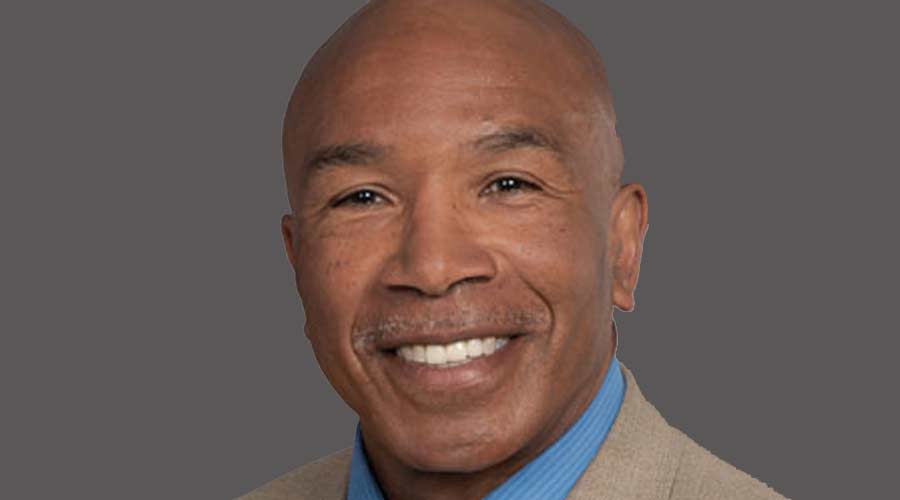
After covering the Servant Leadership values of Active Listening, Empathy, Healing, and Awareness in my previous columns, it's time to dive into the fifth Servant Leadership principle: Persuasion. When I first came across this principle, one thought immediately came to mind: attempting to persuade someone as a leader can either be negative or positive when it comes to creating a collaborative and engaged team.
If the attempt is exercised in an authoritarian or coercive manner, the results over the long-term will be relatively negative. Authoritarian top-down organizations and leaders tend to underestimate those that are under their leadership. They do less preparation in developing persuasive arguments and may become defensive when their case is rejected. Under this style, the leader’s approach is based on the notion that they are convincing someone to do something that they do not want to do. This approach may result in compliance, but without buy-in from the team or individual. It also creates tension within the organization.
Leaders can improve their persuasion skills in a variety of ways:
Relationship Building: Does your team feel like you are serving them? If you strengthen relationships within your team by being helpful, they’ll have proof that you are on their side and will be more likely to want to help you in return. It is easier to persuade someone if you helped them in the past. It also helps to understand who you are trying to convince. Does the person care about being presented with data and logic, or are they more focused on how they or the organization will benefit if they change?
I find both these approaches, when applied simultaneously, are effective. Most importantly, include the team early and provide them with as much valuable information as possible.
Data and Logical Arguments: What are the pertinent data points to support your viewpoint? Utilizing data points, trends, and projections can go a long way — especially if you have peers that have implemented similar practices and have positive information to back those processes up.
Be the Expert: If you are viewed as being an expert and wise to most — if not all — aspects of your operation, then your team is more likely to trust your judgement and will embrace the cases you present. If you have previous successes, then your team will have confidence in your guidance and decision-making.
Leaders also need to be able to persuade the leaders they report to. Case in point, back in 2017, two students approached me with the sole intent of persuading me to provide free period products throughout campus. At the time, we were providing a limited supply through quarter machines in a few buildings. These two represented over 20,000 students, and they had signatures supporting their proposal. They shared horror stories of students having emergencies and having to miss a class. They asked why we charge for menstrual products, and I didn’t have a good answer. I was convinced that we should provide free period products as matter of equity, and my team worked with the students to determine the implementation process.
I eventually went to my boss to inform (persuade) him that this was a logical thing to do. I estimated that the cost of additional menstrual products would only be a fraction of the cost of other restrooms supplies. He also understood the value of having these products available for students, and the positive publicity the department would receive. Because he trusted my judgement and knew that I always wanted to do what was best for the departments and students, he was onboard. After we implemented it, we were contacted by dozens of schools and universities across the country seeking advice and information to help them persuade their administration to implement it.
The ability to persuade enables managers to better serve their team and their organization. By effectively influencing others, managers can inspire action, drive change, and create a cohesive work environment that thrives on collaboration.
Gene Woodard, R.E.H., spent more than 45 years in the cleaning industry, retiring as the director of building services at the University of Washington, before which he spent almost a decade at Emanual Hospital in Portland, Oregon. Gene was also a founding member of the Healthy Green Schools & Colleges Steering Committee and served for many years as an advisory board member of Facility Cleaning Decisions magazine.

 The Down and Dirty on Cleaning in Virus Season
The Down and Dirty on Cleaning in Virus Season How Surfactant Use is Expanding in Commercial Cleaning
How Surfactant Use is Expanding in Commercial Cleaning